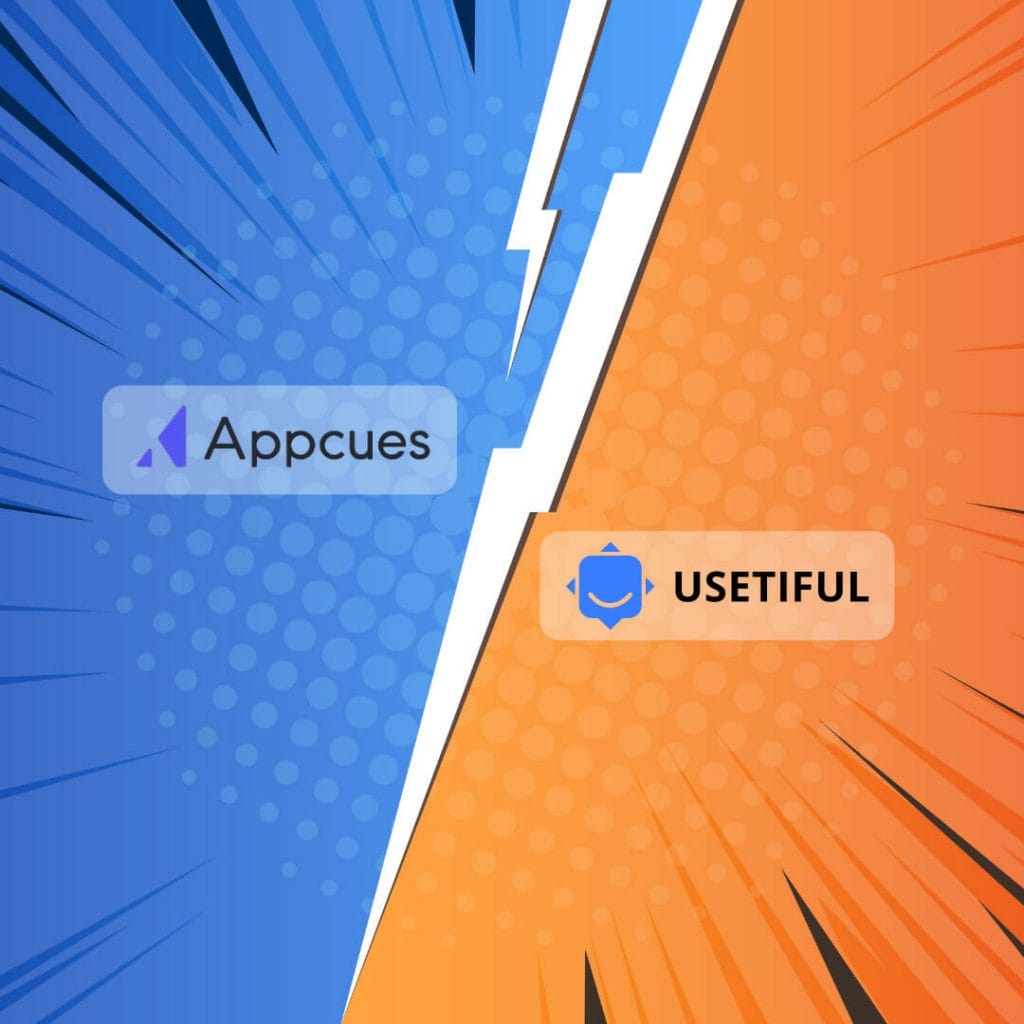In the ever-evolving landscape of customer support and engagement, businesses have many platforms to choose from. Two leading contenders are Intercom and Zendesk, each offering a powerful suite of tools to help companies provide effective and consistent customer service. As organizations consider which platform is better suited to their needs, it can be challenging to make an informed decision without comparing these two platforms head-to-head.
Intercom is popular for its innovative and user-friendly interface, focusing on chat support and in-app messaging to create a more personalized experience for customers. On the other hand, Zendesk is known for its extensive features and robust help desk capabilities that can handle more complex customer service processes. As companies weigh their options, it’s crucial to closely examine the functionalities, pricing, and overall user experience offered by each platform.
Through an in-depth comparison, businesses can better understand the pros and cons of using either Intercom or Zendesk to address their specific customer support requirements, ultimately making an informed decision that aligns with their long-term goals and customer expectations.
About Intercom

Intercom is a popular customer communication platform that primarily focuses on messaging and chatbot services. It is designed to provide businesses with the tools they need to communicate effectively with their customers across various digital channels. The platform has several core features that help make it a popular choice for businesses looking to improve their customer service and engagement efforts.
One of Intercom’s most notable features is its integrated chatbot and messaging system. This state-of-the-art system allows businesses to manage their incoming messages and customer inquiries via a centralized inbox. The chatbot function, on the other hand, offers automated responses to customer queries, significantly reducing response times and ensuring efficient customer support.
Another valuable feature of Intercom is its in-app messenger. This functionality allows businesses to communicate directly with customers through their mobile applications or websites, providing quick and easy access to support without requiring users to leave the app or webpage. The Intercom Messenger can also be customized to match the branding of the business, ensuring a consistent experience for customers.
Intercom also boasts a robust help center, where businesses can create and manage informational content to help customers quickly find and access the information they need. This comprehensive knowledge base is easily accessible through the Intercom Messenger and can greatly reduce the number of incoming customer queries, allowing support teams to focus on more complex issues.
When it comes to customer information, Intercom provides a wealth of data, making it easy for businesses to keep track of their clients and proactively identify potential issues. The platform allows users to store and manage customer data, including contact information, communication history, and behavioral insights. This information enables businesses to better understand their customers, personalize interactions, and ultimately provide more effective customer support.
For businesses considering Intercom as a solution, it is important to be aware of its customization options. Intercom’s platform offers a variety of tools for businesses to tailor their messaging, chatbot, and help center components to better align with their brand identity and specific needs. This flexibility can be a significant advantage for organizations requiring a more personalized customer communication platform.
In summary, Intercom is a versatile customer communication tool that provides many essential features for businesses seeking to improve their customer service and engagement efforts, such as messaging, chatbot, in-app messenger, and help center functionalities. With a variety of customization options and an emphasis on managing customer information, Intercom has become a popular choice for many organizations and remains a strong Intercom alternative in the realm of customer communication platforms.
About Zendesk

Zendesk is a renowned customer service software that provides a variety of tools, including a ticketing system and a help desk platform, to streamline workflows and manage customer support. With a strong focus on automations, Zendesk enables agents to seamlessly handle requests and customer interactions to deliver top-notch support.
One of the core strengths of Zendesk lies in its robust knowledge base, which empowers businesses to create and share articles, FAQs, and guides. This comprehensive knowledge repository not only enhances agent productivity but also allows customers to access information through self-service options, cutting down the need for direct agent interactions.
An integral part of the Zendesk Suite is its AI chatbot, providing immediate assistance to visitors and customers alike through automated, intelligible responses. The AI-enabled system offers quick solutions to basic inquiries, giving agents more time to focus on complex issues.
Apart from its outstanding ticketing and help desk features, Zendesk also offers Side Conversations, a unique functionality that allows agents to engage in internal discussions related to a specific ticket, without mixing the conversation into the main customer thread. This ensures context and critical information remain intact within the support interaction.
Although Zendesk stands as a powerful and comprehensive customer relationship management (CRM) system, its comparison with Intercom is inevitable. Each platform offers unique solutions that cater to specific business requirements. However, in some cases, users may seek for a Zendesk alternative to find a more suitable fit for their specific needs.
In summary, Zendesk is an all-inclusive customer service platform that boasts a wide range of features, including a ticketing system, an AI chatbot, automations, and a knowledge base. This well-rounded CRM system effectively streamlines agent workflow, resulting in exceptional customer support experiences.
Round 1: Best UX

When it comes to user experience (UX), both Intercom and Zendesk offer robust platforms, catering to different needs. Intercom excels as a messaging platform designed for managing customer relationships, while Zendesk shines in customer support management. Let’s dive into the UX aspects of each solution.
Intercom has a modern, user-friendly interface that makes it easy to engage with customers through live chat and messaging. With a sleek chat widget, users can quickly access messaging features on a website or mobile app, effortlessly connecting with customers. The platform is intuitive and offers a smooth learning curve, even for new users. Its focus on real-time conversation allows businesses to deliver personable and timely support, resulting in a better overall user experience.
Zendesk, on the other hand, excels in organizing and managing customer support queries using its ticketing system. The user interface prioritizes support tickets effectively, making it easier for support agents to handle multiple requests simultaneously. Zendesk’s interface is customizable and can be adapted to match a company’s branding.
Here are some key UX features in each platform:
- Intercom:
- Intuitive messaging platform
- User-friendly live chat widget
- Seamless customer engagement
- Zendesk:
- Highly organized ticketing system
- Customizable user interface
- Efficient support request management
Ultimately, the best UX depends on each company’s specific needs. Intercom’s simplicity and focus on messaging make it suitable for businesses looking for a streamlined solution to engage with customers on a personal level. Meanwhile, Zendesk’s configurable interface tailored for ticketing and customer support management is optimal for businesses needing a comprehensive tool to resolve diverse customer support issues.
Round 2: Features Comparison

In this features comparison, we’ll be examining the key aspects of both Intercom and Zendesk. Each platform offers a range of tools and services, and we’ll break down the similarities and differences to help you make an informed decision.
Automation and Triggers: Both Intercom and Zendesk offer robust automation features to help streamline your support process. Intercom’s automation tools enable proactive messaging and managing chatbots, while Zendesk’s triggers simplify ticket prioritization, assignment, and escalation.
Messaging and Communication: Intercom excels at in-app messaging and provides a platform for real-time communication, targeted messages, and chatbots. Zendesk, on the other hand, enables support across multiple channels, including email, chat, phone, and social media. Both companies offer API support to integrate the messaging functionalities.
Sales and Marketing: Intercom places a significant emphasis on sales and marketing functionalities. Its platform helps with conversion, lead generation, and communication targeted towards customer acquisition and engagement. Zendesk offers a separate add-on, called Zendesk Sell, which focuses on sales and contact management.
Analytics and Reporting: Both Intercom and Zendesk provide analytics tools to track and measure agent performance, customer satisfaction, and overall efficiency. Zendesk offers a more comprehensive reporting system that includes pre-built and customizable reports, while Intercom gives you access to analytics focused on its messaging system.
Scalability and Customizable Workflows: As both platforms are SaaS-based, they accommodate business growth by enabling scalability. Zendesk has a more mature system for creating and managing customizable workflows to tailor the support process to your needs. Intercom also has workflow management features, but they are mostly limited to its in-app messaging system.
Technical Support: Both companies offer extensive documentation and technical support via their websites, as well as dedicated customer support teams to handle any issues or queries.
In summary, Intercom revolves around messaging capabilities and enhances the sales and marketing aspects, while Zendesk offers a broader support channel coverage and places a stronger focus on automation, reporting, and workflow customization. Choosing the right software largely depends on the specific requirements and priorities of your business.
Round 3: Price

Intercom and Zendesk provide various pricing structures to cater to different business needs and budgets. In this section, we will discuss and compare their pricing plans and features to help you decide which platform is more suitable for your requirements.
Intercom offers four pricing plans: Essential, Pro, Premium, and Custom. The Essential plan is designed for small businesses and starts at $49 per month. This plan includes basic live chat, targeted messages, and basic self-service support. The Pro plan, which starts at $119 per month, targets medium-sized businesses and offers advanced features like custom bots, team performance reports, and automation tools. The Premium plan is ideal for larger businesses, with custom pricing based upon the company’s specific needs. Lastly, the Custom plan offers tailored solutions, custom pricing, and advanced features for businesses with unique requirements. Intercom also provides a 14-day free trial for interested customers.
On the other hand, Zendesk offers a flexible pricing structure with several plans to choose from, such as Suite Team, Suite Growth, and Suite Professional. The Suite Team plan is designed for small businesses and costs $49 per agent per month, providing basic omnichannel support services, including email, chat, and phone. The Suite Growth plan caters to growing businesses, starting at $79 per agent per month, and features advanced support systems like community forums, help center, and automated ticket routing. Finally, the Suite Professional plan, targeted at established businesses, starts at $99 per agent per month and offers advanced management, reporting, and analytics tools. Zendesk also offers a free trial for potential customers to explore their platform.
Both platforms provide tiers that cater to small, medium, and large businesses alike, making it easier for organizations to select a plan based on their specific budget and requirements. Comparing the two, Intercom’s plans tend to focus more on chat features and targeted messaging, while Zendesk offers a comprehensive suite of customer support tools in its plans, ensuring a broader spectrum of support functionality.
In conclusion, the decision on which platform to choose depends on your business size, budget, and the specific features you require. Carefully consider your needs and available budget with the information provided to make an informed decision on Intercom vs. Zendesk.
Battle Decision: Intercom Winner

When comparing Intercom and Zendesk, several key factors make Intercom the winner in this battle. The G2 rating for Intercom is higher than that of Zendesk, indicating a higher level of customer satisfaction with their product.
A comparison table highlights the strengths of Intercom over Zendesk, which can be credited to its more diverse and user-friendly features. Intercom places a stronger emphasis on customer success as opposed a pure customer support orientation, making it a more well-rounded solution for businesses.
Intercom offers a powerful set of tools such as in-app messaging, personalized email campaigns, and product tours that help improve customer engagement and retention. While Zendesk may excel in ticketing and customer support functions, Intercom has a broader range of features that cater to modern customer relationship management.
Users provide positive reviews of Intercom’s platform, stating that it is easy to use, highly customizable, and seamlessly integrates with other tools used by businesses. No software is perfect, so you might find some areas where Zendesk outshines Intercom, but based on the overall abilities and user feedback, Intercom proves its worth.
Both Intercom and Zendesk continue to evolve other alternatives in the market, but the current capabilities and performance of Intercom make it the clear winner in this battle. Businesses in search of an all-in-one customer relationship management platform can benefit from its holistic approach, while its user-friendliness adds to its appeal.



